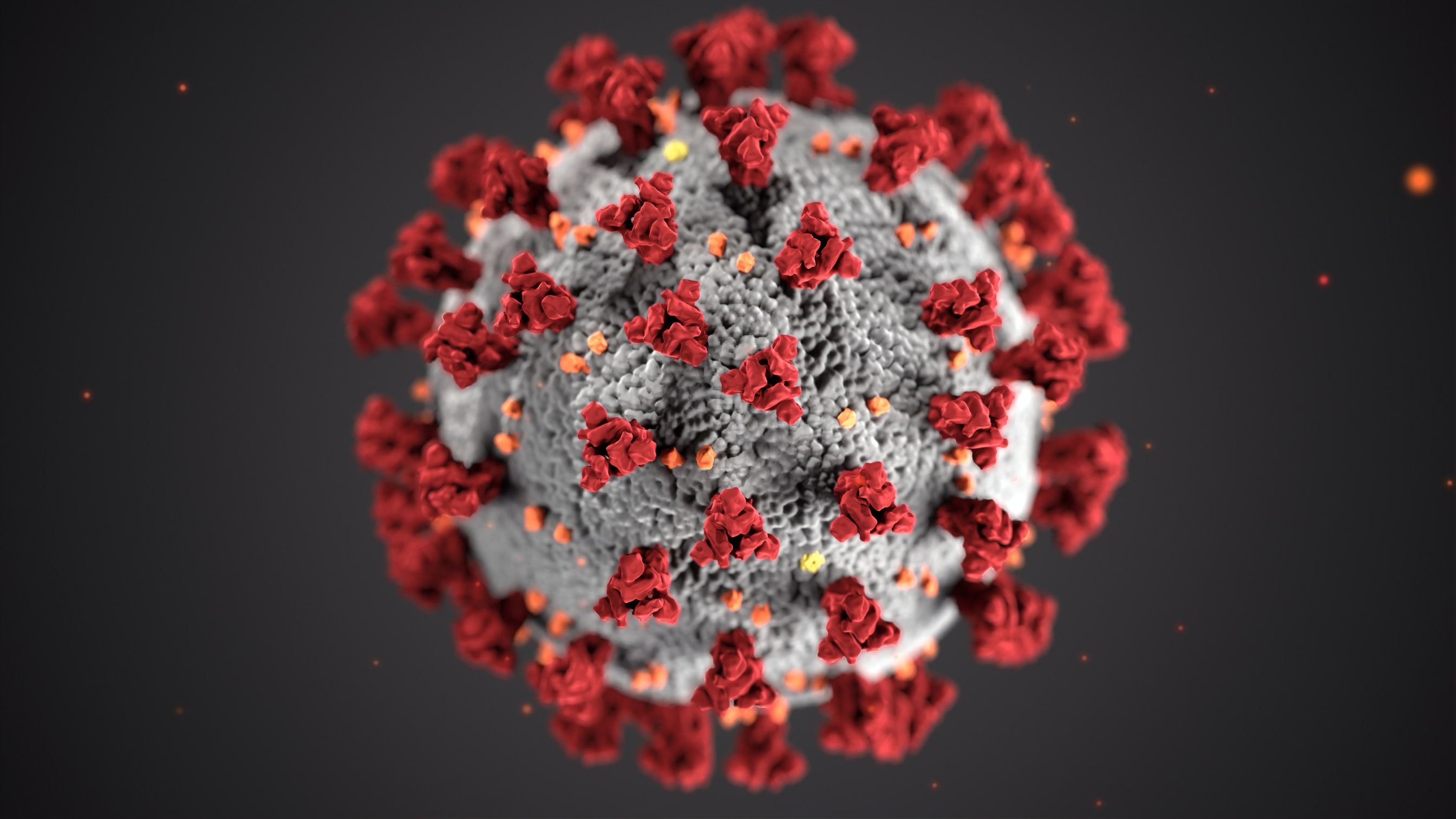By Rakesh Ahuja
In the times of CoronaVirus, the India Brand has reclaimed yet another national symbol adding to its internationally recognized heritage portfolio of Yoga, Turmeric, Ayurveda, etc.: The Namaste.
Last week, Israeli PM Netanyahu exhorted his people to adopt Namaste, the Indian manner of greeting, to replace the handshake as one of the measures to counter the spread of coronavirus.
This came just days after Trump was welcomed to India under the slogan of “Namaste, Trump” – echoing Indian PM Modi’s visit to Houston last year under the rubric of “Howdy, Modi”.
The World Health Organisation and other national medical authorities have confirmed that the first line of defence against this contagious virus is to wash hands – not just perfunctorily but thoroughly – particularly after contact with humans.
Apart from familial, filial or conjugal contacts, the handshake is a major villain as one of the most pervasive forms of human contact. Antecedents of this (European) ritual go back to BC times – exposing the right hand to show that one is not armed, or a sign of peace – to present times as means for introductions, sealing deals etc. Shaking hands is now omnipresent in non-western societies, a by-product of European colonialism.
Interestingly, research suggests that there is also a “chemo-signalling” angle to handshakes. They serve as a conduit for exchanging “social chemical/odour signals”. This is evidenced by an observable tendency to unconsciously bring the shaken hands to the vicinity of the nose and sniff them to establish the nature of the ‘other’. Much as animals do.
Handshakes occur between relatives, colleagues, friends and people in public as a natural form of greeting. The problem is that there is no way of knowing where the other’s hands have been! Back in the mid-1800s, Oliver Wendell Holmes identified germs from the hands of doctors and nurses as a major cause of problems in childbirth. By 1900s, risks associated with handshakes were being reported in the medical literature.
In modern times, a firm handshake is perceived as a positive sign of friendliness and, in negotiations, a sign of honourable commitment. It is, therefore, something of an irony that studies suggest that longer the duration and harder the strength of the grip, greater the transmission of bacteria, including viruses which cause the common cold, flu and now, COVID-19.
This friendly gesture continues to spread disease, working hand-in-hand with bacteria-laden objects such as mobiles, door handles, switches, lift buttons, etc.
Self-infections follow. Apparently, we touch our face 23 times an hour, allowing some 1500 bacteria living on each square centimetre of skin on our hands to infiltrate us through mouth, nose or eyes.
In order to check such transmissions, WHO and other Governments have endorsed ‘elbow bumps’, ‘fist bumps’, ‘foot shakes’, ‘air high fives’ and ‘vampire cough’ (sneezing or coughing into your elbow hinge) as safer alternatives to handshaking. They are gaining ground around the globe, but are ungainly, awkward and difficult (a foot shake does require a balancing act!).
Against this background, it is no wonder that the Indian ‘Namaste’ greeting is gaining ground. It negates the need for any touch at all by any part of the body, a far cry from single or double cheek (or air) kissing French/Italian/Spanish style.
This Indian salutation goes back millennials. Literally it translates as ‘I bow to You’, implying an attempt to establish oneness with the person being greeted. (It is another matter that unlike Balinese, Javanese and Fijian Hindus, most homegrown Hindus have no such feelings when they perform a limp, banana skin Namaste, especially towards those perceived as of lower class or caste).
Factually, coronavirus is largely spread from people breathing near one. So there is little doubt that cutting back on unhealthy handshakes, hugs and cheek- kisses in favour of alternative greetings is a smart move.
That said, there is one problem in nixing handshakes. It concerns ‘social health’: Refusal to proffer a hand can be misunderstood as unfriendly, even insulting. German Chancellor Merkel, Prince Charles and other politicians have taken to announcing beforehand that they would not shake hands at an event. That is all very well for the celebs, but for us ordinary mortals, it is awkward to refuse to do so at social occasions.
Therefore, some cultural soul searching is required to find the best way for not being perceived as offensive when greeting others.
There is one ready solution: As with smoking, declare lobbies, offices, bars, dining rooms etc. as Handshake-Free Zones. That would conveniently absolve individuals from the responsibility and social cost of refusing to shake hands. Such zones are already being encouraged in medical and educational institutions to discourage this unhealthy practice.
Against this background, Namaste answers the call. Accompanied with a smile and slight bow, it conveys it all. It is the ultimate Goldilocks solution for social health: not unfriendly, not too friendly, just right – and comfortable to execute.



